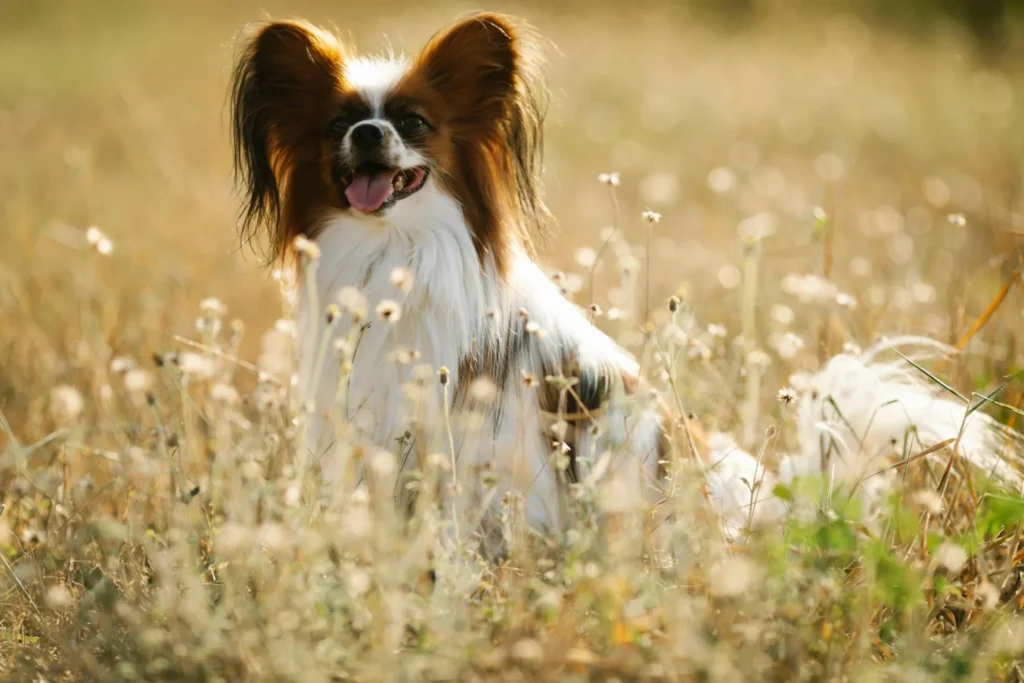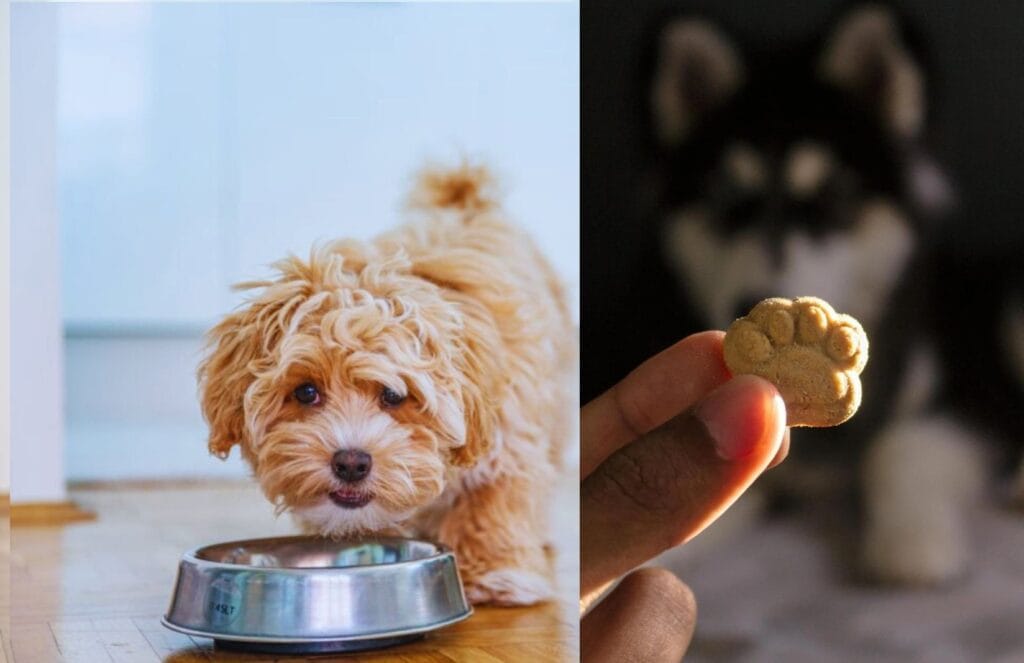Introduction: The Poodle Predicament 🧐
Poodles, with their distinctive curly coats and intelligent eyes, have been beloved companions for centuries. But in recent years, a whisper has been circulating among dog enthusiasts and breeders alike: Are poodles facing extinction? It’s a startling thought that demands our attention. Let’s dive into this complex issue, exploring the facts, dispelling myths, and charting a course for the future of this iconic breed.
The Current State of Poodles: By the Numbers 📊
Before we can assess whether poodles are truly at risk of extinction, we need to look at the current population trends. Here’s a snapshot of poodle registrations in recent years:
| Year | AKC Poodle Registrations |
|---|---|
| 2010 | 22,676 |
| 2015 | 17,357 |
| 2020 | 24,247 |
| 2022 | 28,131 |
These numbers from the American Kennel Club (AKC) show fluctuations, but not a clear decline. In fact, there’s been a recent uptick in registrations. However, raw numbers don’t tell the whole story.
Factors Influencing Poodle Population 🔍
Several factors are at play when we consider the long-term viability of the poodle breed:
- Popularity of Designer Breeds: The rise of “doodles” (poodle mixes) has impacted purebred poodle numbers.
- Health Concerns: Like many purebreds, poodles face certain genetic health issues.
- Breeding Practices: Responsible breeding is crucial for maintaining genetic diversity.
- Changing Lifestyles: Urban living and busier schedules affect dog ownership choices.
Let’s break these down further.
The Doodle Dilemma 🐕🦺
Poodle mixes like Labradoodles and Goldendoodles have exploded in popularity. While this speaks to the desirability of poodle traits, it’s a double-edged sword for the purebred population.
Pros of the Doodle Trend:
- Increases awareness of poodle characteristics
- Maintains demand for poodle genetics
Cons of the Doodle Trend:
- Diverts potential poodle owners to mixed breeds
- Can lead to irresponsible breeding practices
Health Hurdles 🏥
Poodles, like all purebred dogs, are prone to certain health issues:
- Hip dysplasia
- Progressive retinal atrophy
- Addison’s disease
- Bloat
These health concerns can deter potential owners and impact breeding programs. However, responsible breeders are working diligently to mitigate these issues through genetic testing and selective breeding.
Breeding Practices: Quality vs. Quantity 🧬
The key to preserving any breed lies in responsible breeding practices. For poodles, this means:
- Genetic diversity maintenance
- Health testing of breeding stock
- Breeding for temperament and conformation, not just appearance
Irresponsible breeding can lead to a decline in breed quality, even if numbers remain stable.
Lifestyle Changes and Pet Ownership 🏙️
As more people move to urban areas and lead busy lives, their choice of pets is affected. Poodles, especially larger varieties, require significant time and space. This has led to:
- Increased popularity of smaller dog breeds
- Rise in pet ownership of cats and other lower-maintenance pets
Are Poodles Really at Risk? 🚨
Given these factors, are poodles truly facing extinction? The short answer is no, not in the immediate future. However, there are concerns about the long-term health and sustainability of the breed.
Reasons for Optimism 🌟
- Adaptability: Poodles come in three sizes, suiting various lifestyles.
- Intelligence: Their high trainability makes them attractive to many owners.
- Hypoallergenic Coat: A big draw for allergy sufferers.
- Versatility: Poodles excel in various roles, from companion dogs to working dogs.
Areas of Concern 😟
- Genetic Bottlenecks: Overuse of popular sires can reduce genetic diversity.
- Health Issues: Continued focus needed on breeding for health, not just appearance.
- Competition from Designer Breeds: Need to educate about the benefits of purebreds.
Future Predictions: What’s Next for Poodles? 🔮
While not facing imminent extinction, the future of poodles will likely see some changes:
- Emphasis on Health: Expect increased focus on breeding for health and longevity.
- Size Preferences: Smaller poodle varieties may see increased popularity in urban areas.
- Working Roles: We might see a resurgence of poodles in various working dog roles.
- Genetic Diversity Programs: Breed clubs may implement programs to increase genetic diversity.
Solutions: Ensuring a Bright Future for Poodles 🌈
To secure the future of this beloved breed, several steps can be taken:
For Breeders 🐾
- Prioritize Genetic Diversity: Utilize genetic testing and carefully plan breedings.
- Health Testing: Rigorously test breeding stock for known health issues.
- Education: Educate puppy buyers about the benefits of purebred poodles.
For Owners 🏠
- Choose Responsibly: Buy from reputable breeders who prioritize health and temperament.
- Participate in Breed Activities: Engage in poodle clubs and events to promote the breed.
- Spay/Neuter Responsibly: Follow breeder and vet recommendations for altering pets.
For Breed Organizations 🏆
- Genetic Diversity Programs: Implement programs to maintain and increase genetic diversity.
- Public Education: Promote the virtues of purebred poodles to the general public.
- Support Research: Fund studies on poodle health and genetics.
Case Study: The Swedish Vallhund Success Story 📖
The Swedish Vallhund, once on the brink of extinction, made a remarkable comeback through concerted preservation efforts. Key strategies included:
- Careful breeding programs
- International cooperation
- Promotion of the breed’s unique qualities
Poodle enthusiasts can learn from this success, adapting these strategies to ensure the breed’s longevity.
The Role of Technology in Poodle Preservation 💻
Advancements in genetic testing and data analysis are playing a crucial role in breed preservation:
- DNA Testing: Allows for more informed breeding decisions.
- Global Databases: Help track genetic diversity across the worldwide poodle population.
- Virtual Shows: Increase participation and interest in the breed, even during challenging times.
FAQs About Poodle Extinction 🤔
Q: Are certain poodle varieties more at risk than others?
A: While all varieties face challenges, smaller varieties like Toy Poodles may have an advantage in urban settings.
Q: How can I help preserve the poodle breed?
A: Support responsible breeders, participate in breed clubs, and educate others about the benefits of purebred poodles.
Q: Will poodles eventually be replaced by doodles?
A: It’s unlikely. Many people still prefer the predictability and traits of purebred poodles.
Q: Are rare color poodles helping or hurting the breed?
A: While rare colors can generate interest, breeding primarily for color can be detrimental to overall breed health.
Q: How long do poodles typically live?
A: With good care, poodles often live 12-15 years or more, which is beneficial for breed sustainability.
Conclusion: A Future as Curly as Their Coats 🌟
While poodles face challenges, their future is far from grim. With their adaptability, intelligence, and devoted fan base, poodles are well-positioned to remain a beloved breed for generations to come. The key lies in responsible breeding, education, and a commitment to preserving the best qualities of this remarkable breed.
As we look to the future, we can envision poodles continuing to charm us with their elegant prances, intelligent gazes, and those irresistible curly coats. By working together – breeders, owners, and breed organizations – we can ensure that the poodle’s distinctive “arf” will be heard in homes around the world for many years to come.
Remember, every time you see a poodle proudly strutting down the street or performing incredible feats of agility, you’re witnessing a living piece of canine history. Let’s make sure future generations can experience the joy of these extraordinary dogs. After all, a world without poodles would be a little less fabulous, don’t you think? 🐩✨



